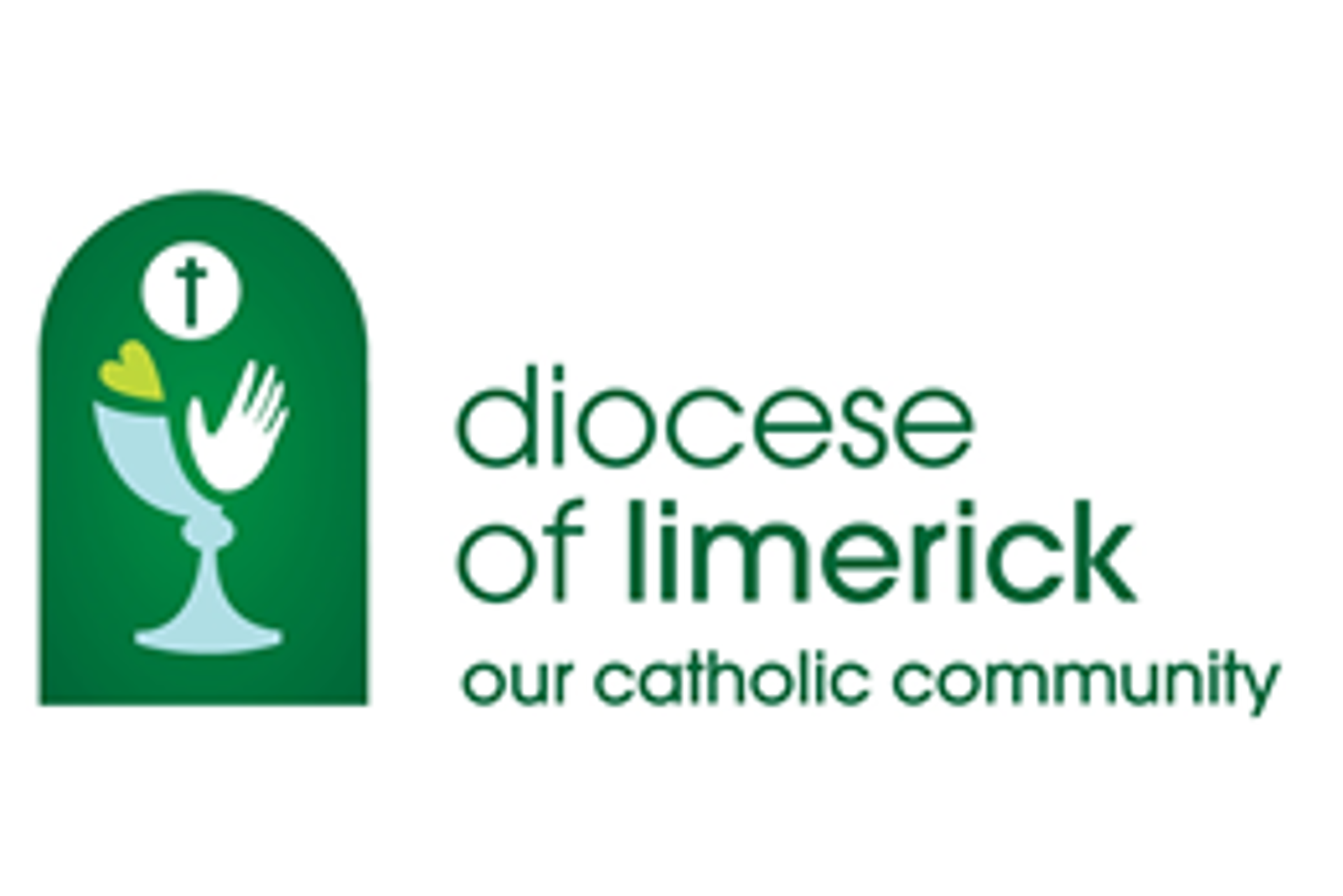- 11
- Jan
- 2018

I am delighted to welcome you here today. We are gathered from the Statutory, Voluntary, and Educational Sectors as well as from Faith Organisations. I thank Prof. Eugene Wall, Acting President of Mary Immaculate College and everyone in the College for hosting this very significant event.
In recent weeks, millions have joined the social media conversation using the hashtag #MeToo, or its equivalent, on Twitter, Facebook and Instagram—women and men denouncing harmful sexual experiences. Many are revealing for the first time, via social media, their own stories. While the majority of those sharing #MeToo stories are adult women, a large number of the shared stories reveal sexual abuse that began when they were still minors.
People of my generation began our adult lives with almost no awareness of the pervasiveness and impact of abuse in our society and in all societies.
As a consequence, failure to recognise and respond appropriately to the complex issues which abuse presents, has at times compounded the profound and harmful impact on the lives of many young and vulnerable persons.
At one point in trying to tackle the issues, we began speaking about child protection. Today we speak instead of Safeguarding because Safeguarding is a concept that reaches beyond protection, responding not only to problems which have occurred but incorporates the prevention of harm and the promotion of welfare.
Safeguarding also extends beyond children to include people of all ages and abilities who may have vulnerabilities which exposes them to a risk of abuse.
The Diocese of Limerick, as part of the Catholic Church in Ireland, has worked hard over recent years to face and address the challenges which safeguarding presents and I am profoundly grateful to the many, predominately lay people who lead this work. I would like to express my gratitude to our Director of Safeguarding, Mr. Ger Crowley and I am particularly pleased to acknowledge the work of our three main committees in the Diocese and they are represented here today by their chairpersons, Retired Chief Superintendent Gerry Mahon, Ms. Teresa Bulfin and Mr. John Murphy. I am also pleased to acknowledge the work of our Parish Safeguarding Representatives who are represented here today.
We are, in Limerick, Diocese in a stronger place that we were. We have a range of services in place and very active training programmes.
The greatest danger for us is that we might relax and believe that the worst is in some way behind us. To take this view would be a profound error which would compound the historical failures.
Sometimes however, it seems as if all of us, all of society, can want to simplify this issue and move on. To stay with an awareness of the pervasiveness of abuse and those dark parts of our human nature and the tendency to exploit weakness and vulnerability, may be almost too much.
Personally, from my meetings with persons in this community who have been abused by people associated with the Church and elsewhere, I am critically aware of the impact of abuse on them and their families and how this can impact on all dimensions of their lives and that there are no quick or simple solutions to what are sometimes their lifelong struggles.
I am also very conscious of the strain on people working in voluntary organisations as they struggle with what at times seem to be enormous limitations on resources.
This awareness informed the Diocesan interest in organising this Conference.
There is a considerable literature now available on why services and systems fail to safeguard.
Recurring learning highlights the need for collaboration between people and agencies that share an understanding of each other’s challenges and responsibilities. No one organisation, nor indeed no one sector can address all of the complex challenges which arise in safeguarding.
I am personally very aware and appreciative of the professionalism and commitment of people in the Statutory sector who are the first to acknowledge the difficulties which they struggle with every day. I believe the presentations from each of the key Statutory Agencies which form the core of this Conference will serve to illustrate their commitment to developing new and innovative practices and will provide all of us in the other Sectors an opportunity to reflect on our collective challenges as a Community.
The focus today is on informing us and allowing us to reflect on Statutory perspectives. It is my hope that today’s Conference in this Community is just a beginning moment and that we may have many such moments in the future. Indeed, as we are here at Mary Immaculate College, I hope this Conference might trigger ideas and initiatives that feed into the Teaching Education programmes in the College to the benefit of future generations of teachers.
Above all, I look forward to the stimulating and respectful discussions as to how we as a Limerick Community may together promote welfare and protect the most vulnerable people in our Community.